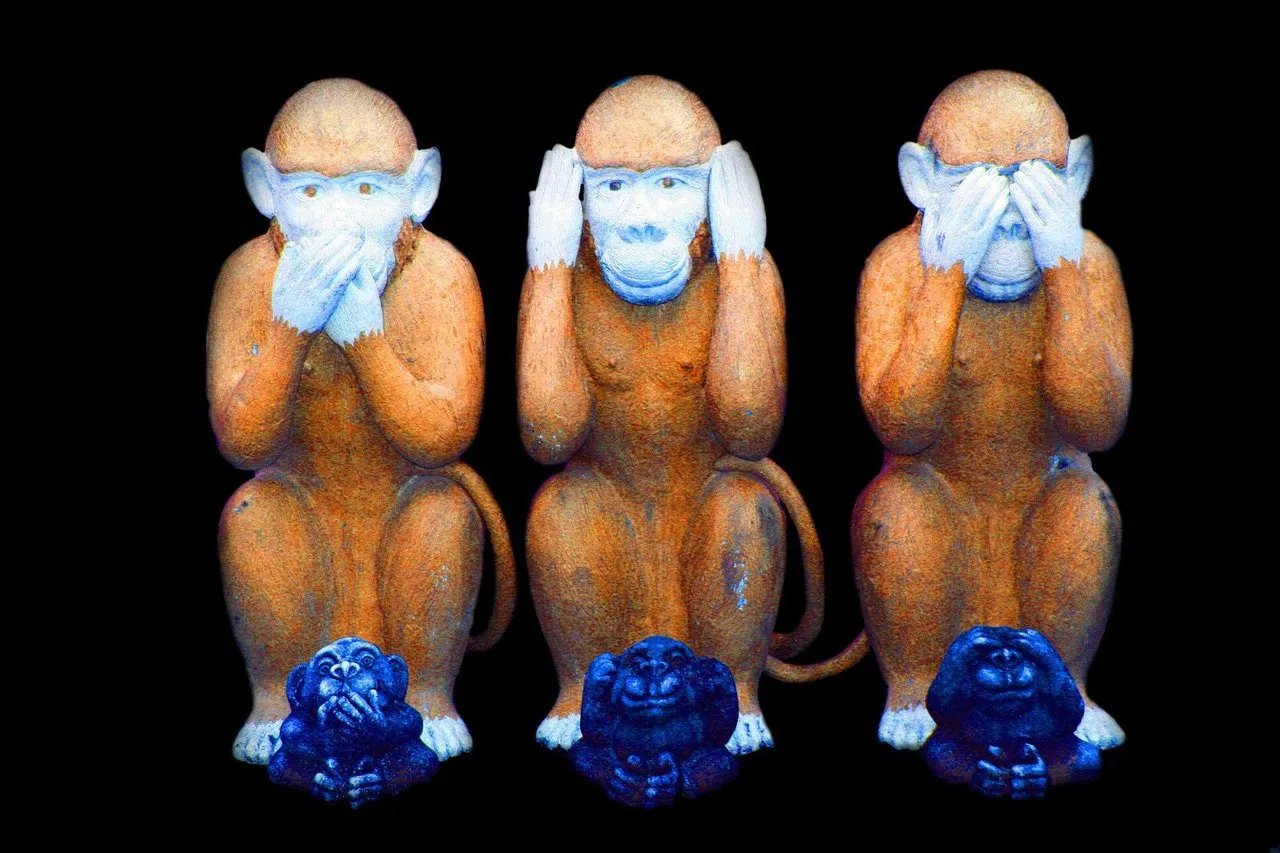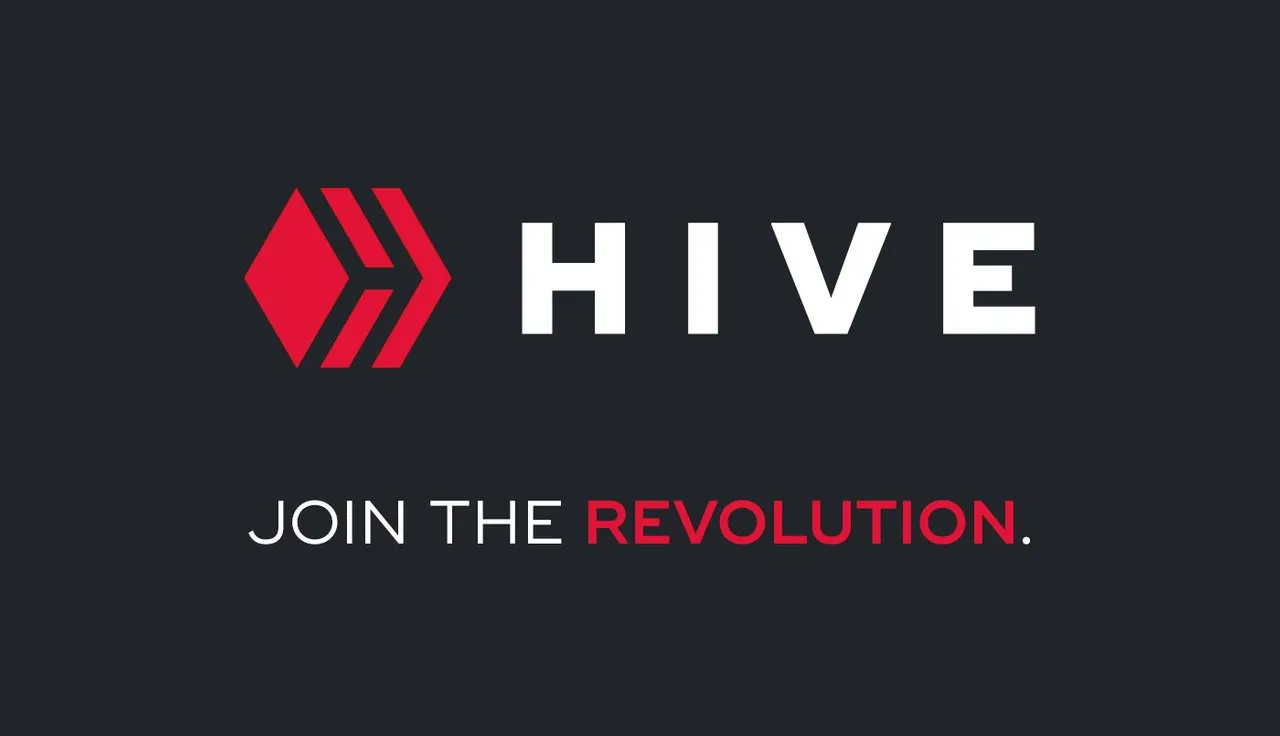
Wouldn't it be great if you could say that after childhood, you never get yelled at again? Problem is, it wouldn't be anywhere near the truth.
As adults, we get scolded too. If we live and work with understanding people, it may not be yelling we deal with. Yet, we still have our adult methods of discipline.
As Kids We Cry & Pout
This is usually our first reaction as children to getting yelled at. We don't like it. We can't understand how a parent, so loving and tender, could turn mean and yell.

As we mature a bit, we start to understand rewards and punishmemts for good or bad behavior. All is not as simple as it was before, a pattern that emerges with strength as life continues.
These are important steps in our emotional development. It should be in these early stages that we gain the ability to sympathize with another person.
It's not sympathy in the sense that we feel pity for another person, but rather the kind that allows us to stand in their shoes. The ability to empathize with or feel another's pain goes even a step further.
The Gift Of Getting Past Our Anger
Once we learn to redirect our response away from anger, we can begin to learn from the experience!
Have you ever had a boss that just hated you? Or at least it seemed that way? I'm talking about the kind of boss that nit picks and micromanages. They may exclusively attend to your mistakes while ignoring the exact same errors made by others.
Often we don't know what's going on behind the scenes in concern with other employees. A good boss won't share employee history of discipline. It's when it happens in public that it can't be denied.
As adults, we don't always cope much better than the first few times we dealt with scolding as a child.

I can remember quite well a verbal warning from my boss when I worked at Trader Joes. Fifteen minutes later we had to have another talk. The "pull your head out of the sand and get to work" talk. I got the message that time.
Working on the sportfishing boats, you won't make it far if you can't take some harsh words. Things move fast and can become dangerous without the correct action. Pulling up an anchor on a cathead is a dangerous job and you have to demand that people stay clear.
Even the passengers, the fishermen that paid to come out, got yelled at if they didn't listen to crew orders. Safety is not a joke!
When I was young and partied all the time I had a job moving heavy machinery. My boss was one of my best friend's dad. He was a generous man and easy to get along with. Every day they'd pick me up for work and even wait for my lagging hungover self.

His name was Dick and once we started working, he turned into one! Not on the drive to the shop or during the drive home. But once we were working, he took on the characteristics of his name.
The thing is...if I hadn't have had some thickness of skin, I never would never have lasted and learned the things I did by having those jobs. There's a lot to learn about operating a sportfishing vessel and old Dick was just trying to keep me alive most of the time.
Introspection - The Art Of Taking Personal Inventory
Those who have been through recovery from addiction know about taking personal inventory. The first thing we ought to learn about a personal inventory is we are much better at taking it for other people than we are at applying one to ourselves.
But personal means it's meant for the maker and not for use by anyone else. And the inventory is a list of our faults. Our anger towards people, places, or institutions.
If being angry tears apart the weilder, then it seems like a personal inventory should be useful for all people. Not only the recovering addict.

The personal inventory helps to show us why we are angry at the things we hold contempt for. It reveals that in every circumstance that has enraged us, we have helped to create the situation. We are at the very least half the problem.
This is the part where people squirm and kick their feet in resistance. The focus is always on what another did wrong instead of looking in that proverbial mirror.
The resistors miss the point entirely. The idea is only to be free of anger and the way to do it is to accept and change the part we play. It puts an end to the victim mentality.
Uplifting is the word to describe how it feels to be rid of that anger, like you dropped a huge backpack you've been carrying most of your life. And once free from the victim mindset, your mind is clear to learn.
It's amazing what the mind can soak in when it is no longer cluttered by ugliness such as anger, fear, and doubt.
It's Always A Struggle To React Calmly To Yelling

I've rattled on longer than I intended to, so I'll end with this. No one responds well to anger all the time. Even people trained to cope with such situations have their breaking points.
I'm personally not offended too often by idiot drivers until they create an extremely unsafe situation for other motorists. Then I become very angry and for what reason? There's nothing I can really do about it besides call if they get in a crash.
There's been other times when people have yelled at me for the dumbest reasons and I couldn't help but laugh. This reaction didn't usually help the situation either.
And it could also be that the person doing the yelling is just a complete a-hole. If that's the case, make your plans airtight and escape!
Thanks for reading and as always....
Happy Hiveing!!!
Bottom Image Courtesy Of Hive.io Brand Assets
